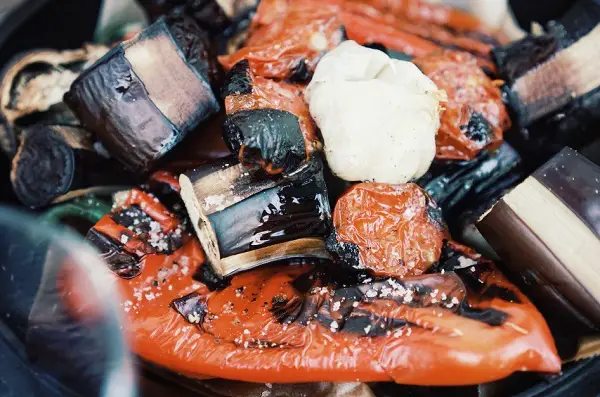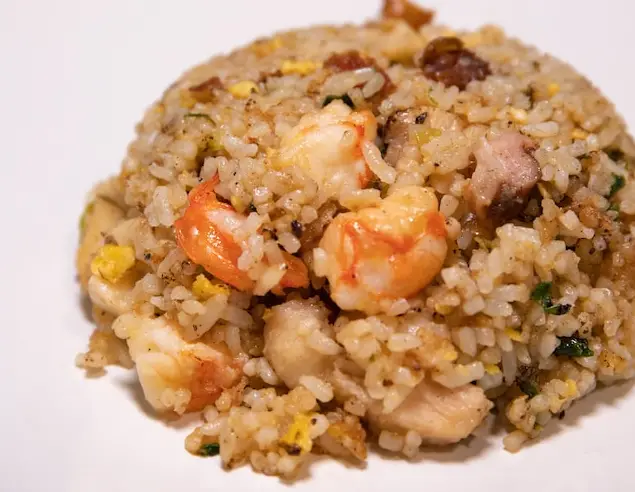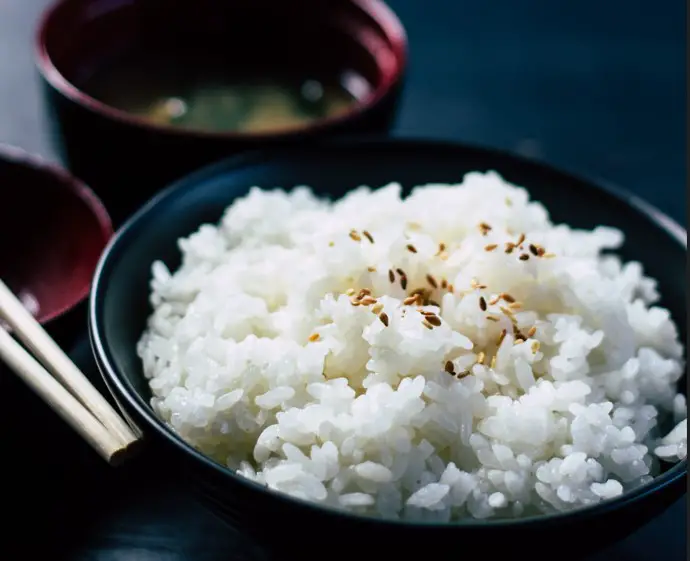The most common reason why roasted peppers are bitter lies with using unripe peppers. The flavor of peppers can vary tremendously, even among the same type. Some peppers can naturally have a hint of bitterness. This is compounded by how ripe they are. Green peppers are essentially unripe versions of these colored bell peppers, and they come with a flavor that can be reminiscent of bitter grass.
If you find yourself thinking, “I’ve added green peppers before and it was fine,” remember this: The amount matters. While a little might be okay, adding too many green peppers can tip the balance and push the bitterness to the forefront.
Other Reasons why Roasted Peppers might be bitter
Here’s the tricky part. Roasting is supposed to enhance flavors, bring out the sweetness, and add a smoky depth. However, this same process can sometimes introduce bitterness. When you roast peppers, especially at high temperatures, charring can occur. Now, some people absolutely love the flavor of slightly charred vegetables; it’s rustic and intense. But, sometimes that charring, especially if it’s more than “slightly”, can impart a bitter note to your peppers.
Further complicating matters, there’s the issue of the pepper’s skin. If you’ve ever bitten into a piece of roasted pepper and found it bitter, you might not have removed all the skin. The skin, especially when it’s not fully roasted, can be a major culprit behind the bitterness.
Now, have you ever peeked at the base of your pepper, counting the sections? There are male peppers with 3 sections and female peppers with 4 sections. Typically, the former is sharper, suitable for cooking, while the latter is sweeter and perfect for fresh salads. Knowing the difference can help you pick the right one for the right occasion.
Tips for Bitterness-Free Roasted Peppers
The issue of bitter roasted peppers can be a bit of a downer, but don’t worry. There are steps you can take to avoid this outcome and enjoy the sweet and smoky flavor of perfectly roasted peppers.
1. Choosing Ripe Peppers for the Best Flavor
Selecting ripe peppers is crucial to achieving the desired flavor in your dish. As peppers mature, their flavor develops, intensifies, and generally becomes sweeter. Among the various hues that peppers come in, red, orange, and yellow are the colors to look out for. These colors usually indicate a pepper that’s reached a more mature stage compared to green ones. When you roast these mature peppers, the heat amplifies their natural sweetness. In essence, the color of a pepper can be a strong indicator of its inherent flavor. By making the right choice at the outset, you set the stage for a tastier outcome.
2. Adjusting Your Roasting Technique for Better Results
The method you use to roast peppers can significantly affect their flavor. For a sweeter and less charred result, consider a ‘low and slow’ approach. By roasting at reduced temperatures for a prolonged period, you can minimize the risk of excessive charring. This slower method not only retains but heightens the natural sweetness of peppers. It’s a departure from a rushed roasting session, ensuring you enjoy roasted peppers without the unwelcome bitter notes.
3. Using Salt to balance the bitterness
Salt isn’t just a seasoning that adds saltiness; it’s a powerful flavor enhancer. The right amount of salt can mask or even diminish the perception of bitterness in food. If you taste your roasted peppers and find them leaning towards the bitter side, consider adding a touch more salt. Proper seasoning can elevate the taste and transform the dish. A balanced seasoning can harmoniously merge all flavors, ensuring a delectable taste in every bite.
4. Make sure to remove all charred skin
Start by roasting peppers until they are blackened evenly. Following this, wrap the peppers in foil, allowing them to steam and further soften the skin. However, be cautious when removing the skin, try not to run them under water. Instead, opt for a gentle method. Using a dry paper towel or a lightly oiled cloth can effectively wipe off the charred skin. Remember to remove all charred skin. Once this is done, slice the pepper longitudinally and meticulously remove the seeds and pith.
5. The Bitterness of Seeds in Peppers
An often-overlooked aspect of using peppers in cooking is the potential bitterness of their seeds. Seeds can have a bitter taste even before you introduce any cooking or roasting. To ensure the purest, most unadulterated flavor of the pepper itself, always remove all seeds before using them in any preparation. This ensures that the only flavor profile you experience is that of the succulent, roasted pepper.




